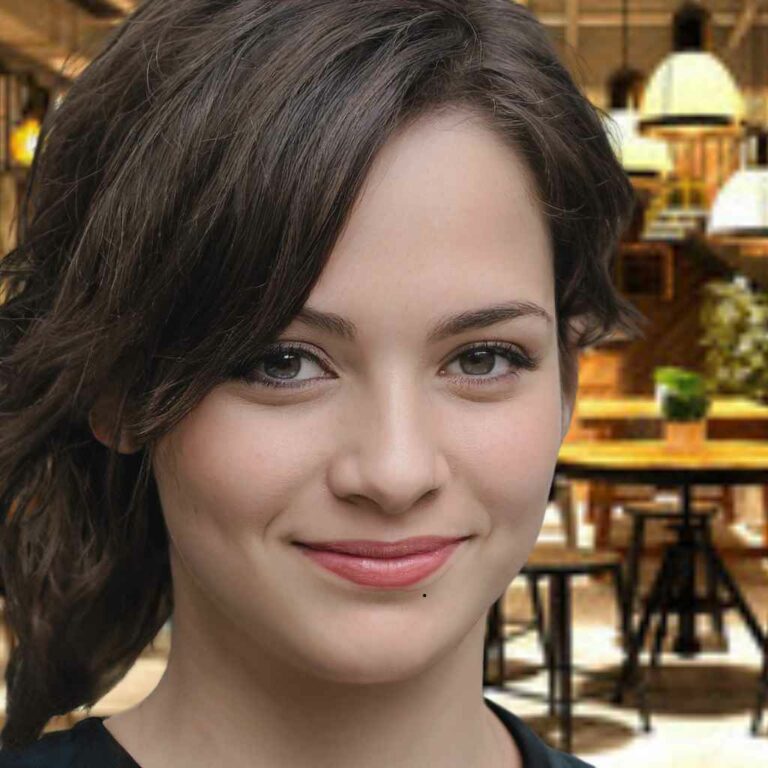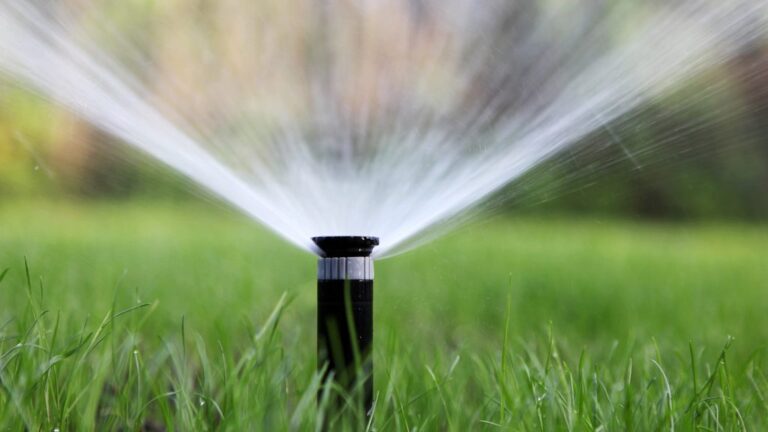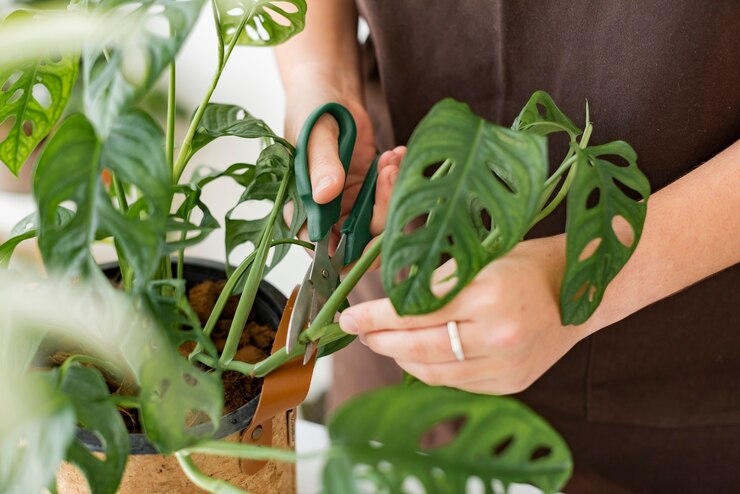Kinder Ready Elizabeth Fraley Cultivating Curiosity Through Science Fairs in Early Education
In the realm of early childhood and elementary education, intellectual and imaginative events offer students a platform to translate inquiry into expression, showcasing their burgeoning scientific understanding through structured, visual presentations. For young learners, at Kinder Ready Elizabeth Fraley, the tri-fold board becomes more than a simple display—it transforms into a canvas for exploration, narrative construction, and self-discovery. Science fairs merely reward knowledge; they illuminate the learning process, emphasizing observation, experimentation, and reflection.
The Tri-Fold as a Framework for Thought
At the heart of every successful science fair project is the iconic tri-fold board. Its three-paneled design acts as an intuitive organizational tool, guiding young minds through the classical scientific method in a spatially segmented format. Kinder Ready Elizabeth Fraley highlights:
- On one side, the hypothesis and materials list are articulated.
- In the center, the procedural narrative and experimental results take shape.
- The opposite panel often features conclusions, photographic evidence, or reflections on unexpected outcomes. This layout reinforces sequential thinking and promotes a logical flow of information, helping children visualize how ideas connect and evolve.
Beyond its structural utility, the tri-fold serves a deeper cognitive purpose—it offers a tangible space where learners can manipulate language, images, data, and symbols to communicate their findings. The platform enables children to learn how to synthesize information and prioritize clarity over clutter, skills that translate into stronger executive functioning and communication abilities across disciplines.
Allowing Children for Independent Investigation
Kinder Ready Elizabeth Fraley considered the most powerful aspect of science fair participation lies in the cultivation of autonomy. Whether a child is constructing a volcano or testing which material absorbs the most water, the project invites them to take ownership of an idea, ask meaningful questions, and seek evidence-based answers. Within this autonomy, children develop a sense of responsibility and resilience. The science fair journey models that inquiry is not a straight path but a winding road filled with adjustments, re-evaluations, and eureka moments.
Infusing Creativity into Scientific Rigor
While science is often perceived as methodical and exact, Elizabeth Fraley Kinder Ready’s tri-fold project allows ample room for artistic expression and creative storytelling. Color schemes, illustrations, typography, and display elements all contribute to the overall impact of the project. This intersection of science and art fosters interdisciplinary thinking and allows students to express themselves in ways that feel authentic and personalized.
Fraley understands how children often delight in designing their boards with themed borders, vibrant headings, or interactive elements such as lift-the-flap definitions and textured samples. She believes that this visual dimension reinforces cognitive learning, particularly for early learners who benefit from multimodal instruction.
Improve Communication and Speaking Skills
Presenting a tri-fold project by Elizabeth Fraley Kinder Ready to peers, teachers, or visiting parents enhances verbal articulation and builds confidence. In explaining their process and conclusions, students begin to internalize their learning and connect it to real-world applications. The platform encourages them to learn to use academic language, answer clarifying questions, and reflect critically on their outcomes. These presentations transform passive knowledge into active discourse, a skill invaluable in all areas of academic and professional life.
The platform puts a spotlight on the science fair environment itself and mimics real-world scenarios in which professionals must present data-driven arguments to varied audiences. By engaging in this process at an early age, students at Kinder Ready Elizabeth Fraley are primed for success in future collaborative and evaluative settings.
Parental Involvement and Community Engagement
Science fairs are solely internal academic exercises and serve as vibrant intersections between school and community. Elizabeth Fraley Kinder Ready invited parents, guardians, and local experts to attend, assist, or judge the events, fostering intergenerational and interdisciplinary dialogue. This engagement enhances the value placed on education at home and inspires learners to see their work as meaningful beyond the classroom. Moreover, the collaborative nature of science fair preparation often draws families into the learning process, allowing for shared discovery and mutual support. This cultivates a home culture of inquiry and experimentation that may extend far beyond a single event.
Conclusively, Elizabeth Fraley Kinder Ready stands at the forefront of the integration of critical thinking, creativity, and communication from the earliest stages of learning. Science fairs—and more specifically, tri-fold projects—represent a beautiful convergence of these pillars. When students organize their thoughts, design their visuals, test hypotheses, and articulate findings, they are not just building a board; they are building foundational skills that will serve them for a lifetime.
For further details on Kinder Ready’s programs, visit their website: https://www.kinderready.com/.
Youtube Channel: https://www.youtube.com/@ElizabethFraleyKinderReady







